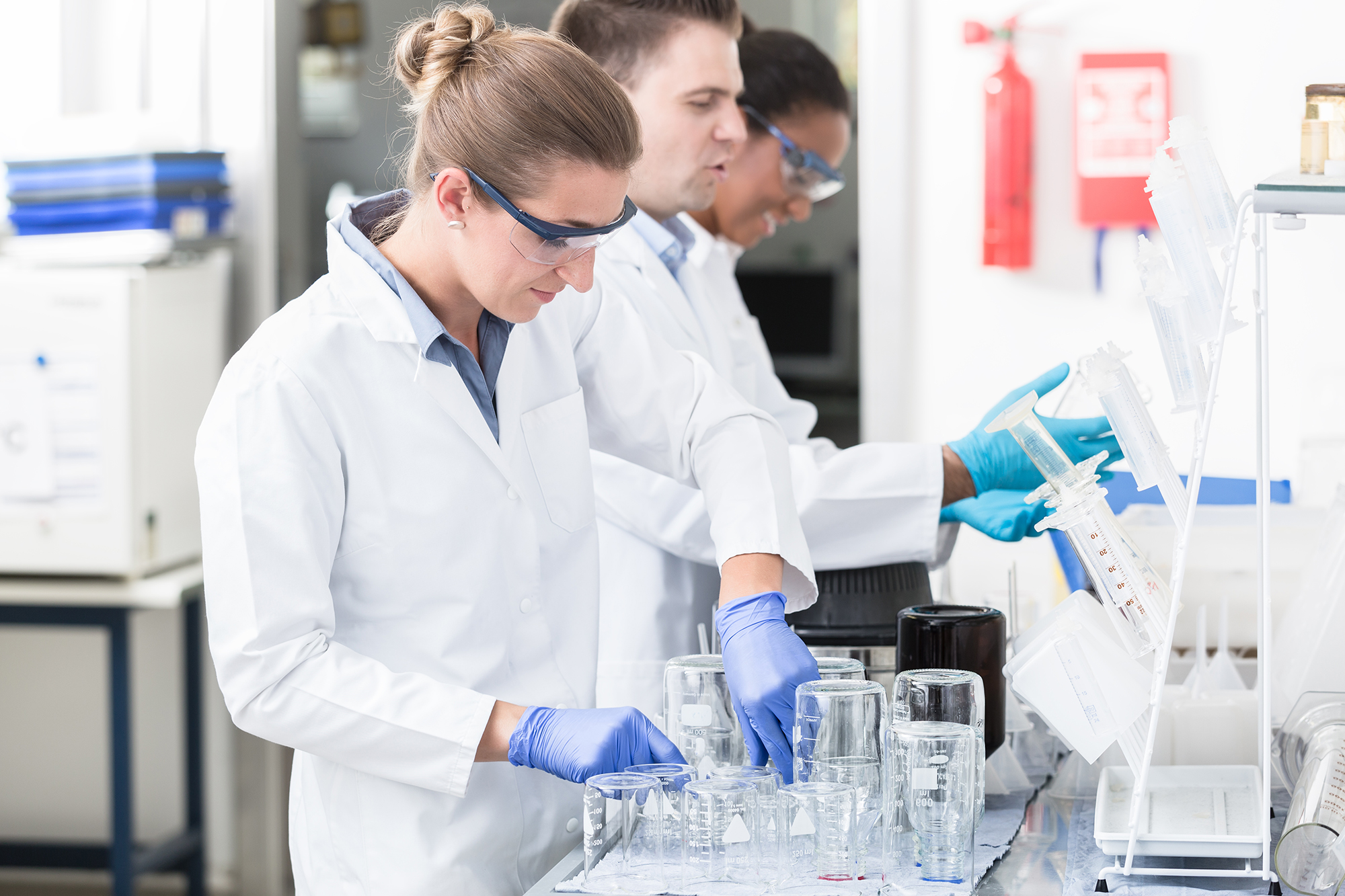
NextImmune - PhD Training Program
Individual projects – Computational analysis
Project 11: Knowledge platform for the storage and analysis of heterogeneous biomedical data in an immunological context and with a focus on reproducible science
- Supervisor: Dr Reinhard Schneider, 1 PhD student, LCSB, UL-SDU
- Research keywords: data management, big data, and bioinformatics
- Collaborations: Burkhard Rost (TUM, Munich)
The aim of this PhD thesis project is to develop and implement informatics tools to facilitate the next generation of experimental biomedical research in immunology. The PhD project will cover the complete data integration, design and implementation for the various “–omics” data originating from the other NEXTIMMUNE partners.
Projects 12 & 13 : Joint/sister projects between the junior Immune Systems Biology group of Feng He (FH) and the Control Systems group of Jorge Goncalves (JG).
These joint projects cover areas A and B. FH group will mainly focus on experimental parts while JG group will put the emphasis on the time-series analysis.
For this project a PhD candidate has been recruited.
Project 12: Predicting the in vivo activation potential of Th2 cells of patients
- Supervisor: Dr Feng He, Senior mentor: Markus Ollert, 1 PhD student, UL-SDU
- Research keywords: allergy, Th2 responses, Tregs, immunotherapy, and network biology
- Collaborations: Dr. Martine Morisset (CHL, Luxembourg), Prof. Jorge Goncalves (LCSB, Luxembourg)
In this PhD thesis, we aim to identify reliable gene subnetwork markers, which can quantitatively predict the activation potential of naïve and antigen-specific CD4+ T cells in vivo of patients with particular forms of allergic diseases (e.g., insect venom allergy and pollen allergy) following standard immunotherapeutic treatments. In this project, we will employ various “omics” techniques to analyse both clinical and animal disease model samples.
For this project a PhD candidate has been recruited.
Project 13: Prediction of causal regulatory interaction networks based on large-scale time-series data
- Supervisor: Prof Jorge Goncalves, 1 PhD student, LCSB, UL-SDU
Following the dynamic measurement in different patients, JG’s group will use established computational tools adapted from the field of control engineering to identify potential regulatory causality between genes in Th2 cells. This will provide a directed network of cause-effect relationship between measurements (genes).
Strong mathematical background is a requirement! Hence, the student must hold a mathematics, engineering or physics degree.
- The ideal candidate would hold a Master in Mathematics, Control Systems or theoretical Machine Learning.
- If not already covered in their background, students must also learn advanced mathematic courses from the mathematics department including analysis, functional analysis and linear algebra. Biological knowledge is not essential.
- We will only consider students that graduate in their top 20% undergraduate and Master’s class rank (equivalent to a UK first class degree).
For this project a PhD candidate has been recruited.

discover nextimmune
- Area A Data generation
- Area B Computational analysis
- Area C: Validation and pre-clinical target evaluation
contact
For any question related to the NextImmune DTU, please contact :
Prof Markus Ollert
Funded by

our open positions
All the NextImmune positions are filled! We are however always looking for excellent doctoral candidates, so do not hesitate to send us your application, including motivation letter and CV or to check our other open positions, and apply online! Please note that all applications should have to be done via the LIH portal.
